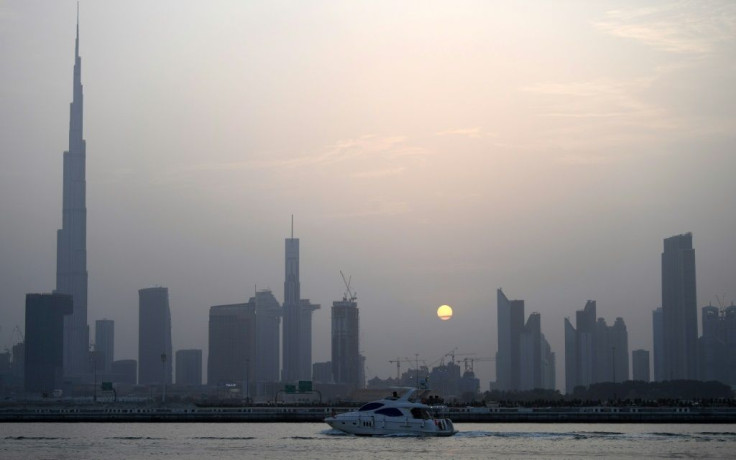UAE To Stop Censuring Cinemas, Yet Another Liberal Reform By The Gulf State

Inclusion is the new mantra of the Gulf state of the United Arab Emirates (UAE) as it prepares to stay put with a non-hydrocarbon future by shedding their medieval ethos and eschatology.
As the clock is ticking for Gulf economies to end their overreliance on fossil fuel, the UAE Dec. 18 decided to stop censoring cinemas in an attempt to be liberal and more inclusive to other cultures.
Come January, a new criminal code will come into force as part of sweeping legal reform in the Gulf Co-operation Council (GCC) state in the Middle East.
Laws have been already changed to decriminalize premarital sexual relations and alcohol consumption, among others by the UAE government.
State news agency WAM reported the government is changing 40 laws this year concerning companies, cyber security, trade, copyright, residency, narcotics, and social issues to look modern and liberal.
From next year onwards, Friday (Jumma), revered in Islam as a holy day, will be considered half-day of work and the nation will be aligned to the western format of the weekend.
Westernization is part of the wide spectrum of reforms the UAE has implemented of late in an attempt to encourage peaceful coexistence among the different nationalities as over 80 percent of its 9.28 million people are non-locals who are attracted by the high wages and low taxes in the UAE.
Under the new norms on films, the state-run Emirati Media Regulatory Authority will introduce a new 21+ age category to view sensitive content.
Hollywood and Bollywood (Hindi) movies will be screened in theatres in their original version without any cut after grouping them into age-wise categories.
Currently, the censor board blocks websites, cuts kissing and sex scenes in films and TV shows, and blurs the names of dishes that air shows on non-halal foods, like pork and bacon.
Unlike socially conservative Sunni Muslim Gulf neighbors like Saudi Arabia and Qatar, the UAE will no longer jail women for premarital sexual relations, one of the major reforms carried out by the Gulf nation.
Stating that parents need not be married, the federation of seven sheikdoms, that also houses Dubai, Asia's financial capital, has come out with a novel secular family law on pre-marital sexual relations and children born out of them to make it more attractive to expatriates.
A criminal case with a two-year jail awaits parents who fail to acknowledge and take care of the child.
To attract business and tourists as it pursues economic diversification away from hydrocarbons, in 2019 the UAE started to offer 'golden visa' which allows foreigners to live, work and study in the UAE without the aid of a sponsor and can enjoy 100 percent ownership of their businesses and properties.
Hydrocarbons generate a lion's share of revenues for the UAE deriving more than 50 percent of government revenue from oil and gas. The five-member GCC nations, including the UAE, are planning major diversification of their economies before the sun sets on fossil fuels.
The UAE wants to reform its legal system and social structure to keep a competitive edge over its neighbors like Saudi Arabia which has also spearheaded liberal and secular polices to woo foreign investment and talent under its current leader MSB aka Mohammed bin Salman.
Like all western liberal democracies, the Gulf sheikdom is shedding its medieval religious ethos and eschatology by allotting the conservative elites in the country a second role in running the affairs of the country.
Yousef Al Otaiba, UAE envoy to the US, last month said the UAE government is firm on the separation between religion and state.
"This is the biggest faultline or point of contention that we have in the region. Do we want a more civil forward-looking society or do we want a more ideological religious society?"
Granting more personal freedom and piecing together more secular laws show that the UAE has arrived on the world stage despite its blast-furnace climate and edge-of-the-war-zone location.
























